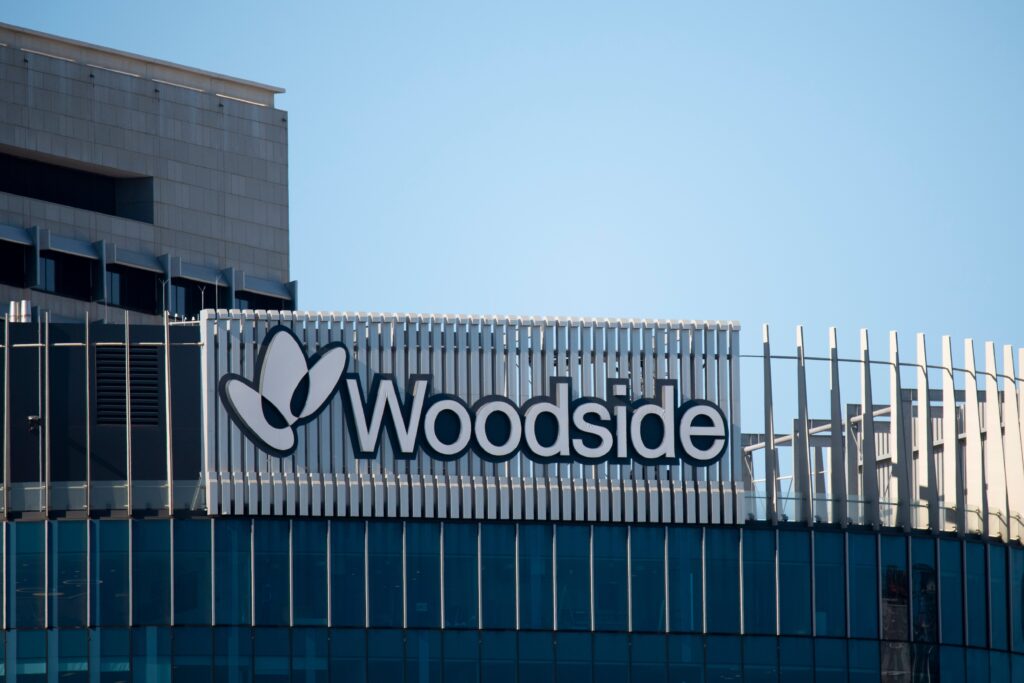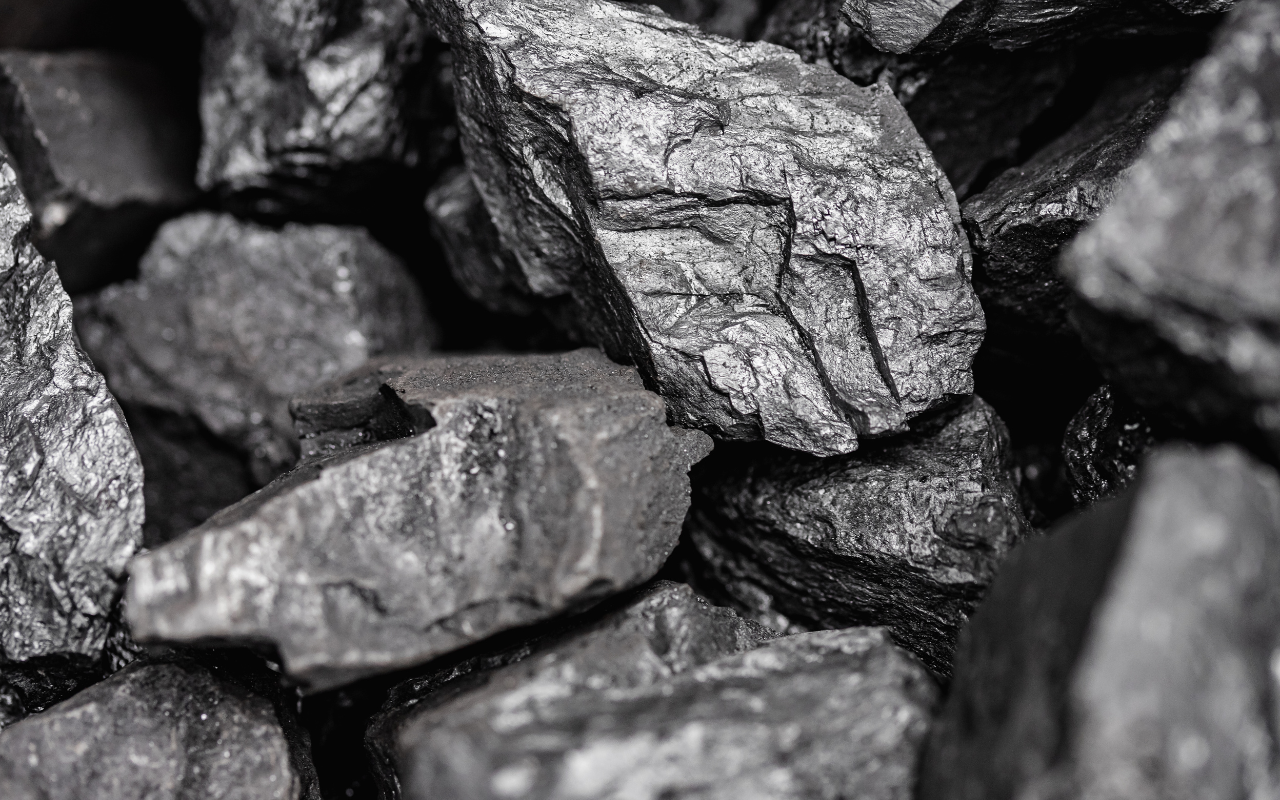Senator David Pocock attended the Doctors for the Environment (DEA) Climate and Health Forum to discuss Australia’s greenhouse emissions.
Following the federal government’s ‘sweet spot’ emissions target announcement of 62-70% by 2035, last week, and its approval of the North West Shelf gas project, few in the health sector or on the cross bench are optimistic.
InSight+ spoke with Senator Pocock and DEA about what’s next for health and climate.
Senator Pocock said it’s difficult to work with industry to reduce emissions when the government isn’t playing ball.
“The devastating thing for Australia, and future generations, is that the government’s 2035 target is not science-aligned. It’s not in line with keeping warming well below two degrees, which is what we all signed up for. And it’s a huge concern,” said Senator Pocock.
“Just as we hope governments listen to healthcare experts when it comes to pandemic responses etc, you’d hope when it comes to climate change, we listen to climate scientists. But we’re not,” he said.
“That is going to have huge ramifications for our future, and for healthcare workers at the front line of climate change.”
“Every industry is going to need to do more, but I’m also wary of pointing the finger at individuals when we’re approving projects that are more than our national emissions.”
Senator Pocock is referring to the government’s approval of Woodside’s North West Shelf gas project. The project, on the coast of WA, is located near one of the world’s oldest cultural sites, Murujuga.

He said the project will emit 4.4 billion tonnes of carbon, or ten times Australia’s current domestic emissions.
“The government has focused on the safeguard mechanism, 218 facilities that produce over 100,000 tons of CO2 equivalent a year. Every expert says that we need to broaden that, and have a price on carbon to incentivise industries to get on board.”
“What’s struck me in my three-plus years in the Senate is just how tragic the short-term thinking is in this place. It’s compounding, catching up with us, and killing us.”
“We haven’t had the political will and courage to address the root causes of climate change.”
“Look at the way they hid the National Climate Risk Assessment until right before they released the target, rather than getting that out in the open and saying, ‘Listen: this is what’s at stake; this is why we’re going to go hard, and why we’re going to have to make some big changes.’
Senator Pocock is amongst the few to have seen the Office of National Intelligence (ONI) climate risk assessment.
“It’s a pretty horrifying document, with some very sobering findings for our civic neighbours and for ourselves, but the government won’t release a declassified version. You have to ask why.”
“We need to be telling the truth. It should be the starting point,” he said.
“There are some genuinely hard-to-abate sectors for which we currently potentially don’t have the technology, or they’re deemed too critical. But by acting on things like coal and gas, decarbonising electricity and transport, household electrification — that buys us time for things like the medical industry.”
“There was a light bulb moment for a lot of people around COVID with the number of face masks that we went through, and then the entire health system, and how we can do better. And you start to act like a more grown-up society that plans to be here for a very long time, and is I think far more caring and discerning about the way we use resources.”
Doctors for the Environment, and against coal and gas
Dr Kate Wylie is the Executive Director of DEA and is a practicing GP.
“In 2018 I read the IPCC’s 1.5 report, and the MJA–Lancet Countdown on Health and Climate Change about how climate change is affecting health. Once I started to understand how important climate change is, it’s all I think about,” said Dr Wylie.
“In Australia the health industry is 5-7% of Australia’s greenhouse gas emissions. Globally, health is about 5% of emissions,” she said.
If the health care industry were a country, it would be the fifth highest emitter.
The sector both contributes to emissions and bears the brunt of the health effects of climate change on the health of people and communities. In Australia, health and aged care is also the largest employment sector, employing 16% percent of Australians.
“We are contributing to a problem that we are also having to treat. Climate change was named by the World Health Organisation (WHO) as the greatest public health threat facing humanity,” she said.
“We can treat it. We can demonstrate to the rest of society how important this problem is.”
The DEA Climate and Health Forum also focuses on the effects of climate change on Torres Strait Islands and Pacific nations, who are feeling the health impacts of climate change now.
The DEA hosted Dr Jemesa Tudravu, Permanent Secretary for Health and Medical Services for the Fijian Government at the forum, who spoke about the severe and detrimental health impacts to the Pacific Community.
“Their lands are drowning under a rising ocean. They have food and water insecurity, infectious disease; quite literally loss of country,” said Dr Wylie.
Fossil fuels as an addiction
The DEA wants to tackle emissions reductions like any other health issue.
“We need to quit fossil fuels to protect our health. That’s fundamental,” said Dr Wylie.
“If we think of it like an addiction: we’re dependent on fossil fuels. We’ve got to ditch and move on,” she said.
“Most major parties accept donations from fossil fuel interests. The fossil fuel lobby is peddling this dangerous product.”
“If they were selling asbestos or DDT, we’d think that was ridiculous. But here they are, pushing to expand fossil fuels that cause monumental harm. It’s not OK. It’s completely unethical.”
“We need to stop coal and gas exports. And we need a climate trigger in the EPBC Act,” said Dr Wylie.
“Our government is not accepting its full responsibility. Expanding offshore gas and continuing to open new coal mines is ethically bankrupt.
“That’s why the forum was at Parliament House. To say: ‘We’re here. We’re here speaking truth to power.’”
Training for climate, like for COVID
Dr Wylie believes the strength of the health care sector is that it has workers in every community in Australia.
“Imagine if every GP in Australia could talk about climate change with their patients?” she said.
“The National Health and Climate Strategy 2023 (NHCS) talks about climate change as the greatest public health problem facing humanity. But there’s about $11m in research funding allocation for climate and health. something like less than 0.0004%.”
“The Strategy talks about the health care workforce as enablers of the strategy. If the government wants that, then train us.”
“The whole health workforce was trained in COVID overnight. Climate change is a greater public health problem, and yet most health practitioners have had no training.”
Dr Wylie says that part of her job as a doctor is to break bad news.
“When someone has a cancer diagnosis, I’m the person who tells them, ‘I’m very sorry, but this is this reality that you’re in.’”
“We have an obligation to tell people the truth. And once we face up to it, then we can start treating it.”
Becca Whitehead is a freelance journalist and health writer. She lives in Naarm and is a regular contributor to the MJA’s InSight+.
Subscribe to the free InSight+ weekly newsletter here. It is available to all readers, not just registered medical practitioners.

 more_vert
more_vert
Government fails to tackle climate change seriously as the Murdoch media ignores the issues.
The Australian population are more concerned about the dollar now than their health in the future.
Perhaps we stress the increasing insurance costs from flooding , fires and rising sea levels will give more concern for action.
I will be dead by 2050. But I fear for my children and grandchildren. I don’t think Doctors can talk to every patient about climate change, but I hope they can contribute in discussions with family and friends, and when the subject comes up. There is so much ignorance in the general population, in every country in the world!
Governments are addicted to fossil fuels because we rely on them for cheap, reliable, convenient energy, as we have since man harnessed fossil fuelled fire to improve our nutrition, survival and material wealth. Voters choose their governments and so governments will only change when the popular mandate requires them to. We are only addicted to fossil fuels because we have become so dependent on them, and the majority votes accordingly.